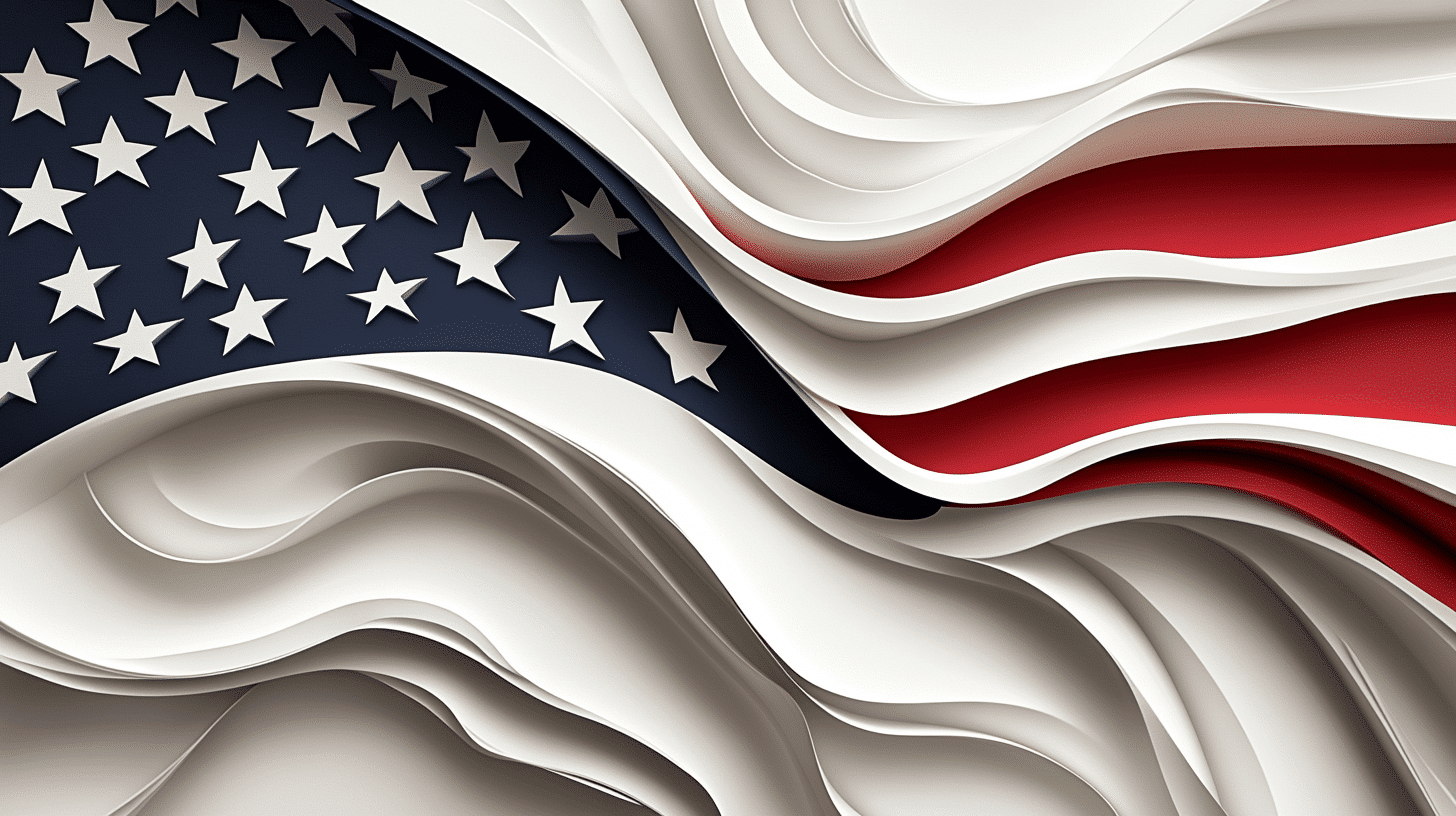What is Constitution Day (Citizenship Day)?
Constitution Day (also known as Citizenship Day) is celebrated annually on September 17th in the United States. This day commemorates the signing of the U.S. Constitution on September 17, 1787, in Philadelphia, and recognizes the rights and responsibilities of American citizens. The celebration highlights the importance of the Constitution as the foundation of U.S. democracy and emphasizes the responsibilities of citizenship, including the role of individuals in upholding the values of freedom, justice, and equality.
Constitution Day also serves as a time to educate people, particularly students, about the Constitution’s significance, the history of its creation, and its ongoing impact on American governance and society.
History and Origin
Constitution Day’s origins can be traced back to 1940 when it was initially recognized as “I Am an American Day”, a day dedicated to celebrating those who had become U.S. citizens. The date was set to the third Sunday in May. In 1952, Congress moved the celebration to September 17th, to coincide with the anniversary of the signing of the Constitution, and renamed it Citizenship Day.
The day gained its current title, Constitution Day and Citizenship Day, in 2004, when Senator Robert Byrd added an amendment to an appropriations bill requiring all publicly funded educational institutions to provide programming about the U.S. Constitution on this day. This amendment further cemented Constitution Day as an important occasion for teaching students about the nation’s founding document and its relevance in modern times.
Who Celebrates Constitution Day?
- U.S. Citizens: Constitution Day encourages all Americans to reflect on the significance of the Constitution and their rights and responsibilities as citizens.
- Schools and Educational Institutions: Schools across the country observe Constitution Day by teaching students about the history and importance of the Constitution. Many classrooms hold special lessons, activities, and discussions on constitutional principles.
- Government Institutions: Federal and state government bodies may host events, public readings, or ceremonies to honor the day and reaffirm the importance of the Constitution.
- New Citizens: Many naturalization ceremonies are held on this day, making it especially meaningful for those newly sworn in as U.S. citizens.
- Civic Organizations: Various non-profits and civic groups use the day to promote civic engagement, constitutional literacy, and understanding of citizens’ roles in democracy.
Slogans and Themes
The themes for Constitution Day often revolve around freedom, democracy, and civic responsibility. Slogans like “Celebrate the Constitution” and “Know Your Rights, Know Your Duties” are commonly used to emphasize the importance of understanding and upholding the principles enshrined in the U.S. Constitution.
Colors, Symbols, and Patterns
- Colors:
- Red, White, and Blue: Reflecting the colors of the U.S. flag, these colors symbolize patriotism and national pride.
- Gold: Often used to symbolize the enduring importance of the Constitution and its role in shaping American governance.
- Symbols:
- The U.S. Constitution: Representing the founding document, often depicted in images and promotions for the day.
- Liberty Bell: A symbol of American independence and freedom, closely tied to the values the Constitution upholds.
- American Flag: Used widely on Constitution Day to symbolize national unity, democracy, and the rights of citizens.
- Patterns:
- Stars and Stripes: Represent the American flag and the nation’s values of freedom and equality.
- Historic Documents: Images or designs featuring excerpts or representations of the Constitution emphasize its significance.
Most Used Hashtags
- #ConstitutionDay
- #CitizenshipDay
- #WeThePeople
- #USConstitution
- #CelebrateFreedom
How to Celebrate
- Read the U.S. Constitution: Take time to read or revisit the U.S. Constitution. Many people read aloud sections of the document in classrooms, at home, or at public events.
- Participate in Educational Programs: Attend or organize educational programs, workshops, or discussions about the Constitution’s history, its amendments, and its continued relevance.
- Attend a Naturalization Ceremony: Many U.S. courts hold naturalization ceremonies on Constitution Day. Observing or attending one is a powerful way to celebrate citizenship and the Constitution.
- Teach Others: Educators and civic organizations often use this day to teach students and community members about the Constitution’s principles. Engage in conversations or help organize events that promote constitutional literacy.
- Reflect on Civic Duties: Constitution Day is an opportunity to think about your civic responsibilities, such as voting, staying informed on political issues, and participating in community service.
Importance of Constitution Day
Constitution Day is significant because it celebrates the foundation of American democracy. The U.S. Constitution is more than just a historical document; it is a living framework that continues to shape the governance and laws of the country. The day reminds Americans of the importance of protecting the freedoms and rights enshrined in the Constitution, while also encouraging them to fulfill their civic duties.
Constitution Day also serves as a key educational moment, particularly for students, ensuring that each generation understands the Constitution’s role in shaping the country’s laws and protecting individual liberties.
September 17: Constitution Day (Citizenship Day United States)
Why do you keep falling for the same type?
Read the article Lovemaps: the hidden blueprint of our love.
Did you not find what you were looking for? Let me help you find more.

